Adrenal Fatigue results from a malfunction of the adrenal glands and the pituitary-hypothalamic-adrenal axis. Even when we encounter stress, the hypothalamus still sends signals to the pituitary gland, which then sends signals to the adrenal glands. However, when the message reaches the adrenal glands, nothing happens. The adrenal glands are so exhausted that they cannot produce enough hormones.
There are several types of adrenal fatigue – primary![]() (Addison Disease) if the adrenal glands are damaged or secondary if there is damage to the hypothalamus or pituitary gland. The disease can be acute or chronic, depending on the type of disease process. It is a severe condition that can present itself in various ways and for some people may be fatal.
(Addison Disease) if the adrenal glands are damaged or secondary if there is damage to the hypothalamus or pituitary gland. The disease can be acute or chronic, depending on the type of disease process. It is a severe condition that can present itself in various ways and for some people may be fatal.
Among the patients, women predominate, in whom the diagnosis is made twice as often as in men. The average age of onset is around 40 years![]() .
.
The adrenal glands![]() are two small organs located on top of the kidneys. They belong to the so-called endocrine glands.
are two small organs located on top of the kidneys. They belong to the so-called endocrine glands.
The endocrine glands produce certain substances (called adrenal hormones) secreted directly into the blood. Thanks to this, they are transported throughout our bodies. Cells have receptors (points of attachment) for hormones. After the hormone binds to the receptor, the cell receives information on how to work.
The adrenal glands consist of two parts: the cortex and the medulla. The adrenal medulla produces adrenaline, noradrenaline, and dopamine. They are responsible, among others, for maintaining normal blood pressure and heart rate.
The adrenal cortex![]() has the following layers:
has the following layers:
Steroid hormones called adrenal cortex hormones require cholesterol for production. These hormones play a crucial role in our body's proper functioning by performing various essential functions.
The disease is often caused by![]() an autoimmune process that destroys the cortex of this gland – it is common to detect antibodies against adrenal cortex antigens in the blood serum of patients.
an autoimmune process that destroys the cortex of this gland – it is common to detect antibodies against adrenal cortex antigens in the blood serum of patients.
Other causes of primary adrenal fatigue include bacterial infections (e.g., tuberculosis), viral infections (e.g., HIV, cytomegalovirus), fungal infections, tumors or tumor metastases, poisoning, adrenal hemorrhage, or hemochromatosis. Very rarely, the disease is caused by congenital or acquired disorders of steroid biosynthesis.
It is worth knowing that primary adrenal fatigue may also be one of the comorbidities in autoimmune polyglandular syndrome type II.
Secondary hypoadrenocorticism is caused by damage to the hypothalamus or pituitary gland from various factors such as inflammation, degeneration, neoplastic processes, hemorrhage, or trauma.
Clinical symptoms usually occur in patients with 90% destruction of the cortex of both adrenal glands. Depending on the duration and severity of adrenal fatigue, various signs of the disease may occur – from a completely asymptomatic course in patients not exposed to increased physical or mental stress, through muscle weakness, to adrenal crisis![]() , which may cause coma.
, which may cause coma.
Symptoms of adrenal fatigue![]() include:
include:

In addition, there may be impotence, infertility and menstrual disorders, and loss of pubic hair in women. In advanced disease, it is also possible to experience mental changes with slowing down, mental sluggishness, and sometimes even severe psychoses.
Secondary adrenal fatigue is less severe than primary adrenal fatigue. Adrenal crisis is also rare in its course. It is characterized by porcelain light skin, unpigmented nipples, and very weak pigmentation of the vulva and rectal area. You can also experience circulatory shock with a significant drop in blood pressure, dehydration, and oliguria. In addition, there may be symptoms of pseudo peritonitis, vomiting, diarrhea, and fever of unknown etiology.
After examining the patient, the doctor recommends appropriate biochemical (hormonal) tests to confirm the diagnosis![]() . The basic hormonal tests include the presence of cortisol concentration and possibly ACTH in the blood in the morning.
. The basic hormonal tests include the presence of cortisol concentration and possibly ACTH in the blood in the morning.
It's crucial to note the time of the blood test because cortisol levels in healthy individuals fluctuate throughout the day. The highest levels are typically in the morning, while levels are lowest in the late evening and at night. If cortisol levels are decreased and ACTH levels are elevated, it may indicate primary adrenal fatigue. On the other hand, if cortisol levels are decreased and ACTH levels are normal or decreased, it may indicate secondary adrenal fatigue.
In some cases diagnosing adrenal fatigue is challenging and requires appropriate stimulation tests. In the case of secondary adrenal fatigue, testing of other pituitary hormones is necessary.
Once adrenal fatigue is diagnosed, your doctor will try to determine the cause. In most cases, there are indications for imaging of the pituitary and hypothalamus (MRI of the pituitary gland is the test of choice) or of the adrenal glands (e.g., ultrasound or computed tomography), depending on the diagnosis.
The basic method of treating patients with adrenal fatigue is substitution treatment![]() – compensating for existing hormonal deficiencies.
– compensating for existing hormonal deficiencies.
Glucocorticoids are consistently prescribed in cases of primary hypothyroidism, along with mineralocorticoids in most instances, and sometimes androgens. In secondary adrenal fatigue, glucocorticoids are always administered, and androgens may also be prescribed.
Hydrocortisone![]() is the most commonly used medication, as it mimics natural cortisol
is the most commonly used medication, as it mimics natural cortisol![]() . However, in certain situations, a doctor may decide to use another glucocorticoid. You should take hydrocortisone daily, usually 2-3 times a day; the last dose around 6 pm (you should not take your medicine late in the evening).
. However, in certain situations, a doctor may decide to use another glucocorticoid. You should take hydrocortisone daily, usually 2-3 times a day; the last dose around 6 pm (you should not take your medicine late in the evening).
Each time, the doctor individually sets the initial dose of the drug, taking into account many aspects, e.g., the cause of adrenal fatigue, concomitant diseases, and the nature of work. More frequent medical check-ups (every 2-4 weeks) may be necessary initially.
Based on clinical symptoms and laboratory test results (including glucose, sodium, and potassium concentrations), the doctor will adjust the dosage of the medication.
Keep in mind that:
Most patients with adrenal fatigue receive a synthetic mineralocorticoid, in a single dose, daily or every other day.
In some patients, the doctor may use DHEA replacement therapy![]() , which is not necessary. Such treatment is particularly recommended for young women who, despite optimal compensation with glucocorticoids and mineral corticosteroids, experience weakness, apathy, mood deterioration, and a reduced sex drive. DHEA preparations are administered in one-morning dose while monitoring the presence of the hormone in the blood.
, which is not necessary. Such treatment is particularly recommended for young women who, despite optimal compensation with glucocorticoids and mineral corticosteroids, experience weakness, apathy, mood deterioration, and a reduced sex drive. DHEA preparations are administered in one-morning dose while monitoring the presence of the hormone in the blood.
Patients with pituitary fatigue are advised to carry information (e.g., hospital treatment information card or bracelet) about the diagnosis of adrenal fatigue and the type and dose of drugs taken.
Sometimes, e.g., in the case of diagnosis of tuberculosis or pituitary tumors, it is possible to treat the cause of adrenal fatigue, apart from the treatment supplementing the hormone deficiency.
In secondary adrenal fatigue after chronic treatment with glucocorticoids taken for other diseases, pituitary-adrenal system function may return to normal months after discontinuation of high doses of glucocorticoids.
In some cases, after causal treatment, symptoms of adrenal fatigue disappear (e.g., after surgical treatment of some patients with pituitary fatigue caused by pituitary tumor compression).
Unfortunately, in most cases, complete recovery is not possible, so the patient needs lifelong replacement therapy. Appropriate compensation for hormonal deficiencies determines the health of these patients and a good prognosis.
Periodic specialist follow-up throughout life is necessary for patients on chronic substitution treatment. The frequency of visits and control imaging examinations and the frequency and number of hormonal tests are determined individually for each patient. People diagnosed with autoimmune adrenal damage may need checking for other autoimmune diseases (e.g., Hashimoto's disease, type 1 diabetes).
In most cases, we can't avoid diseases that lead to primary or secondary adrenal fatigue. However, some actions can reduce your risk of getting sick![]() :
:

Hyperadrenocorticism is a condition that causes the amount of hormones created by the adrenal glands to produce negative symptoms. The adrenal gland in the cortical part produces cortisol, aldosterone![]() , and androgens, while the gland in the medullary part produces adrenaline. If there is too much cortisol, Cushing's syndrome occurs.
, and androgens, while the gland in the medullary part produces adrenaline. If there is too much cortisol, Cushing's syndrome occurs.
The primary cause of Cushing's syndrome![]() is an overabundance of cortisol in the body. It can occur as a result of taking a significant amount of drugs known as corticosteroids, which have a similar effect to cortisol. Doctors usually prescribe this medication to individuals with asthma, arthritis, or lupus.
is an overabundance of cortisol in the body. It can occur as a result of taking a significant amount of drugs known as corticosteroids, which have a similar effect to cortisol. Doctors usually prescribe this medication to individuals with asthma, arthritis, or lupus.
When taking steroids in the form of injections or oral medication, the amount of steroids in the body becomes too high – causing a condition called iatrogenic Cushing's syndrome, also known as steroid-induced hyperthyroidism. However, using corticosteroids in the form of ointments or inhalers is less risky.
Cushing's syndrome can be caused![]() by various factors such as:
by various factors such as:
These conditions can be benign or malignant and are mainly found in the thyroid, thymus, spleen, and lungs.
The symptoms![]() that indicate Cushing's syndrome vary greatly:
that indicate Cushing's syndrome vary greatly:
Diagnosis of Cushing's syndrome![]() can be a problem due to its specific symptoms and can be confused with other diseases, e.g., hypertension or hypothyroidism. The doctor determines the diagnosis by considering the patient's medical history, conducting a general examination, and administering additional tests as needed.
can be a problem due to its specific symptoms and can be confused with other diseases, e.g., hypertension or hypothyroidism. The doctor determines the diagnosis by considering the patient's medical history, conducting a general examination, and administering additional tests as needed.
To determine the level of cortisol in the body, a specialist recommends urine and blood tests. If cancer is suspected, ultrasound or computed tomography scans may be necessary.
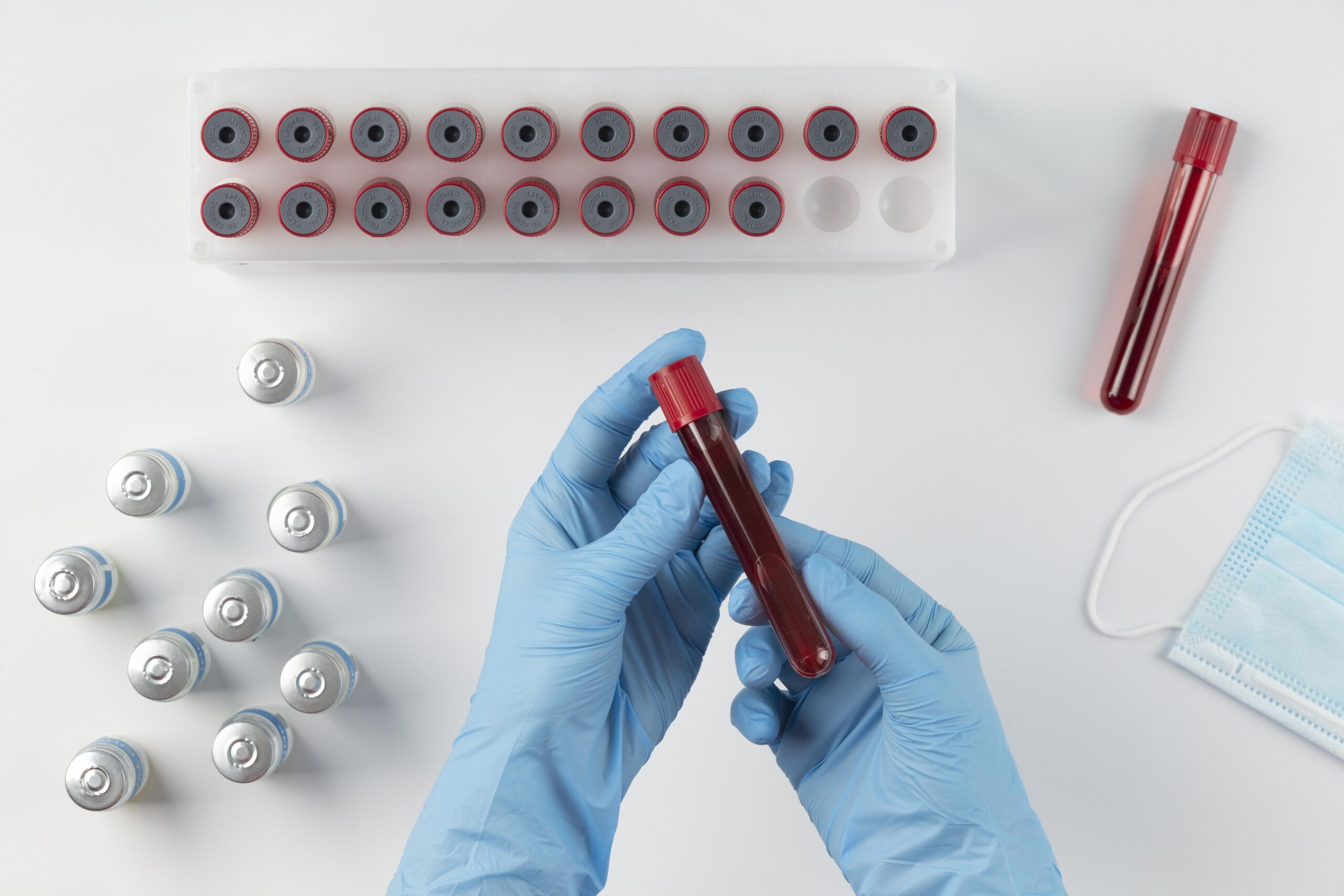
Treatment![]() is focused on reducing the amount of cortisol in the body, and the specific approach taken will vary depending on the underlying cause of the disease.
is focused on reducing the amount of cortisol in the body, and the specific approach taken will vary depending on the underlying cause of the disease.
If you're taking corticosteroids, it's important not to stop treatment without consulting your doctor. Symptoms will typically subside once the dose is reduced or the drug is discontinued.
With cancer, sometimes surgery is required to remove tumors, with additional supplementation needed afterward. Recovery can take up to a year and may not restore full fitness. Radiotherapy is used for inoperable tumors, and cortisol-lowering drugs can be given before surgery if other treatments have failed.
Table of Contents
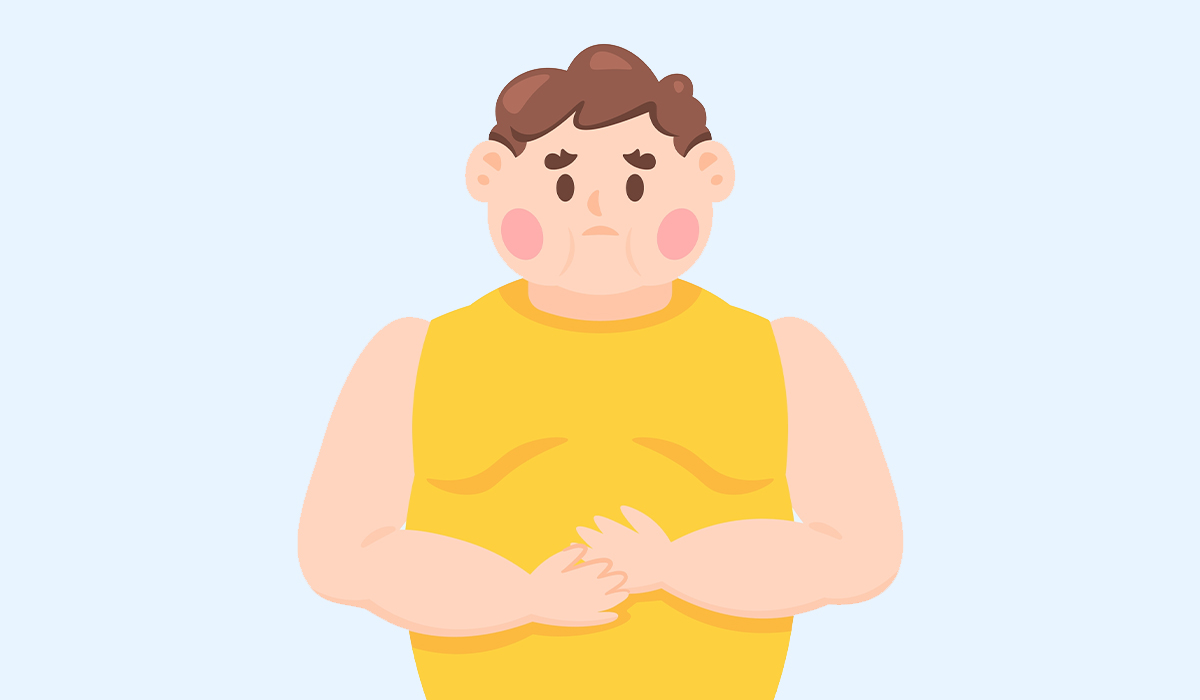
Cushing's syndrome is a set of symptoms caused by excess glucocorticoids in the body. What are the causes of the… read more »
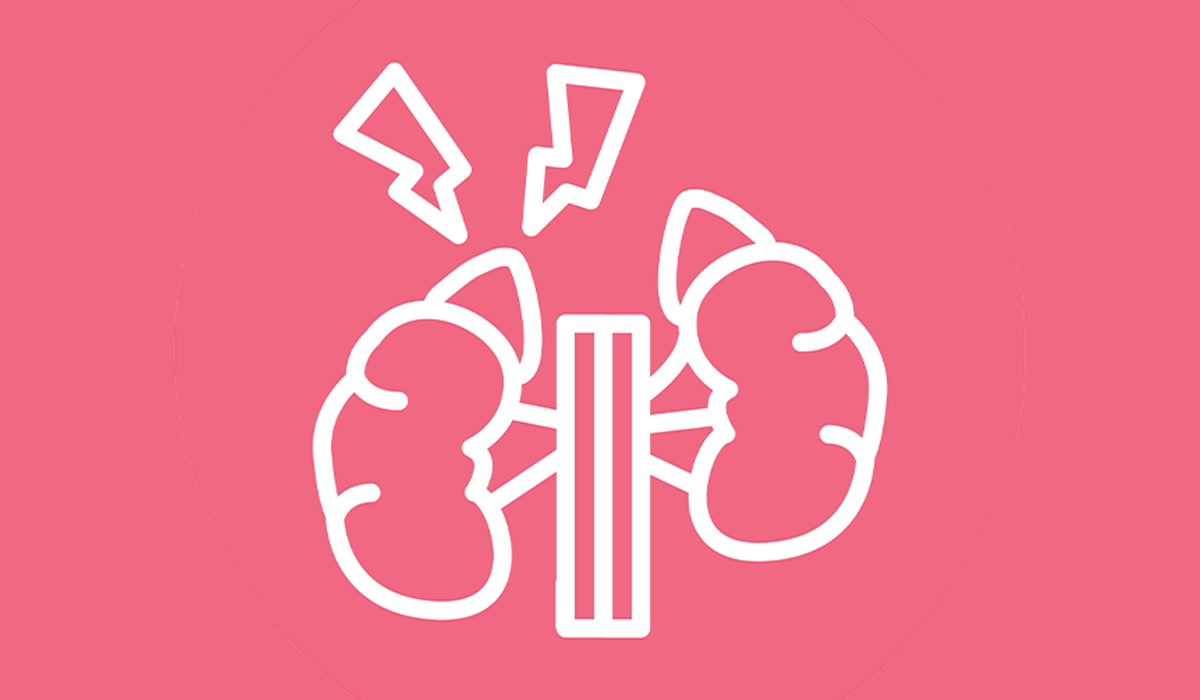
Addison's disease is a condition caused by a long-term deficiency of adrenal cortical hormones. The disease can be dangerous. Find… read more »
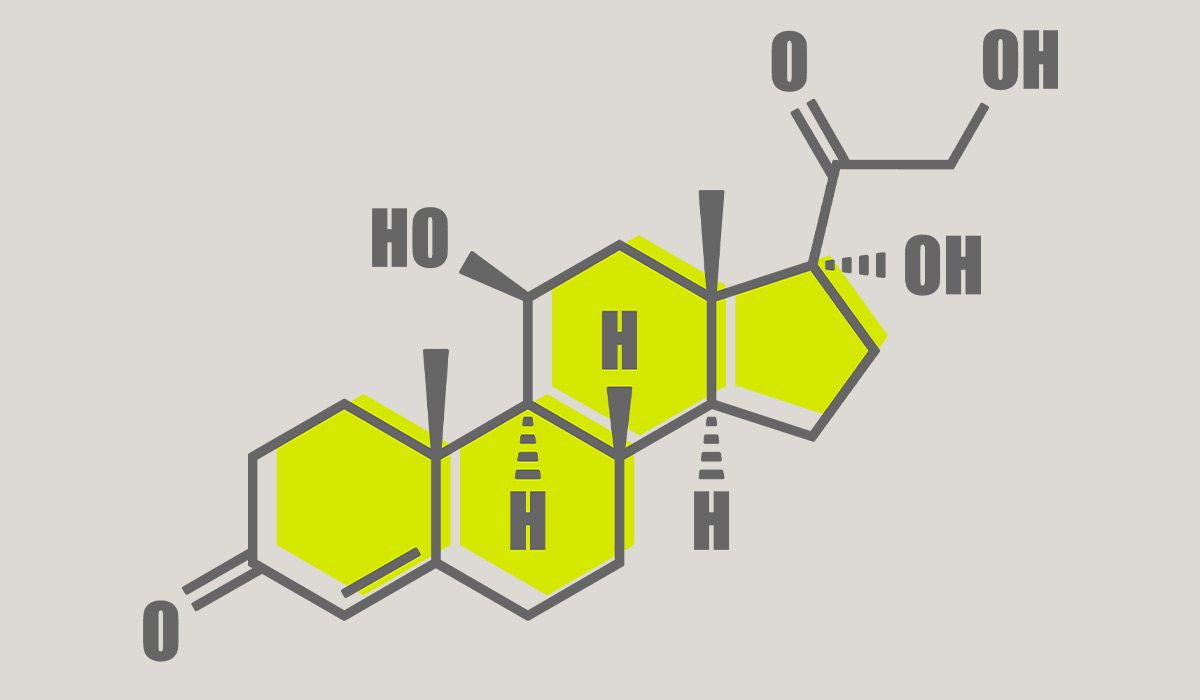
Cortisol is often referred to as the “stress hormone” because it plays a key role in the body's response to… read more »

An endocrinologist is a doctor who deals with the organs that secrete hormones. Learn about diseases that are related to… read more »

Hypothyroidism is a disease caused by insufficient levels of hormones produced by the thyroid gland. Find out, what are the… read more »

Hyperthyroidism is a condition in which the body produces too many hormones. This causes various symptoms and complications. Check out… read more »

The thyroid is an endocrine gland. What hormones does it produce? Learn what are most popular thyroid diseases and what's… read more »

Stress can be defined as the body's response to events that disturb its balance, burden it, or exceed our ability… read more »
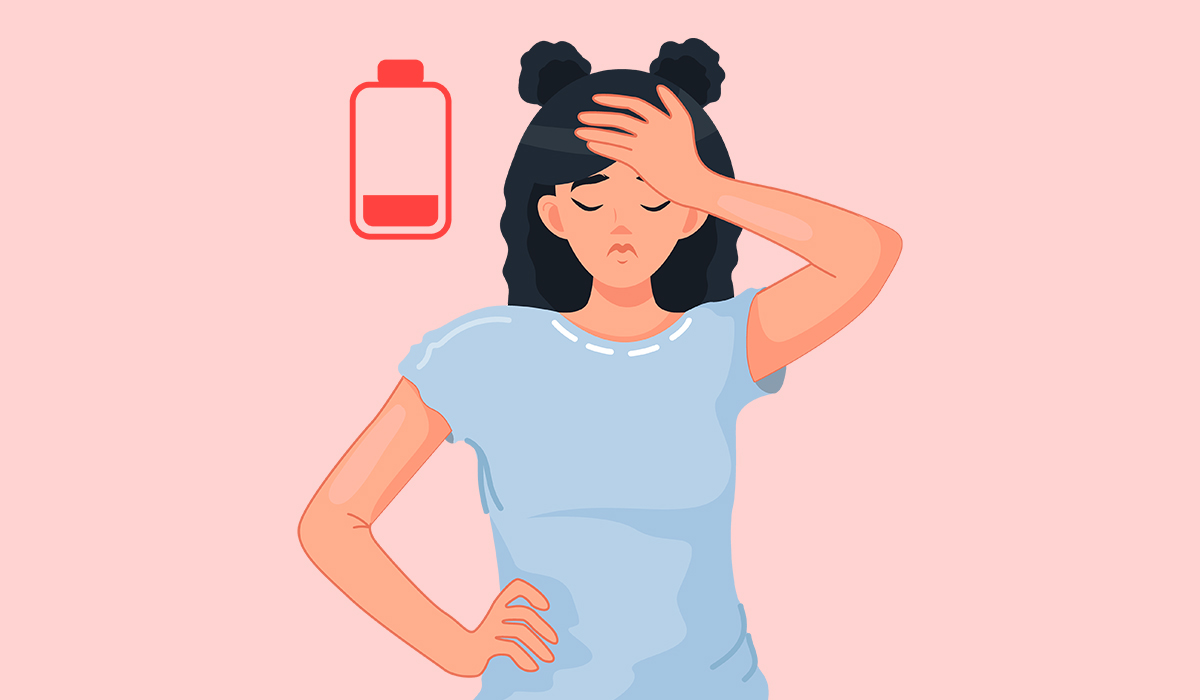
Fatigue is a common symptom that can have various causes. If you want to eliminate fatigue during the day, it… read more »